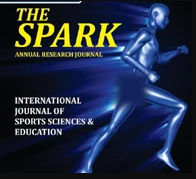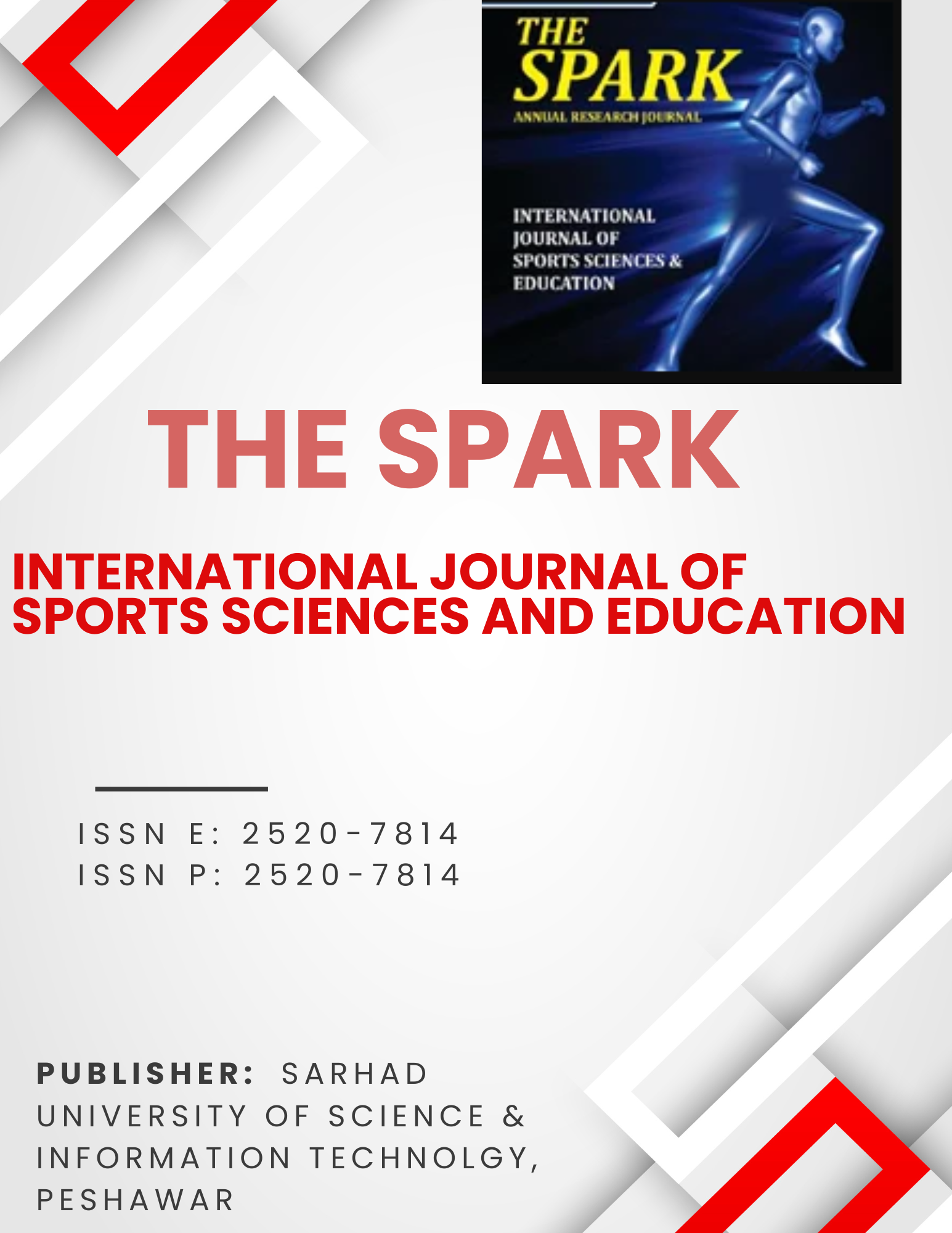Linking Work-Related Quality of Life to Teaching Effectiveness: A Study of Secondary School Physical Education Teachers
Abstract
This study investigates the relationship between work-related quality of life (WRQoL) and teaching effectiveness among secondary school physical education (PE) teachers. A survey methodology was used, with a sample n= 256 (males=171; females=85) comprising secondary school PE teachers from various regions. The study utilized established scales to measure WRQoL dimensions, including physical environment, psychological well-being, work relations, job satisfaction, and general well-being. Teaching effectiveness was assessed through self-report measures and supervisor evaluations. Statistical analyses, including correlation and regression, were conducted to explore the associations between WRQoL dimensions and teaching effectiveness. The results indicate significant correlations between various dimensions of WRQoL and teaching effectiveness, with job satisfaction emerging as a particularly strong predictor. Additionally, demographic variables such as gender and locality were found to moderate these relationships. This study provides valuable insights into the factors influencing teaching effectiveness among PE teachers and highlights the importance of addressing WRQoL in educational settings. Practical implications and recommendations for enhancing PE teachers' well-being and instructional effectiveness are discussed.
Downloads
Published
How to Cite
Issue
Section
License
Submission of an original manuscript to the Journal will be taken to mean that it represents original work not previously published, that it is not being considered elsewhere for publication. And if accepted for publication, it will be published in print and online and it will not be published elsewhere.
The journal main policy reflects in its stance that the publication of scholarly research is exclusively meant to disseminate knowledge and not-for-purposes.









 Name of Journal:
Name of Journal: 